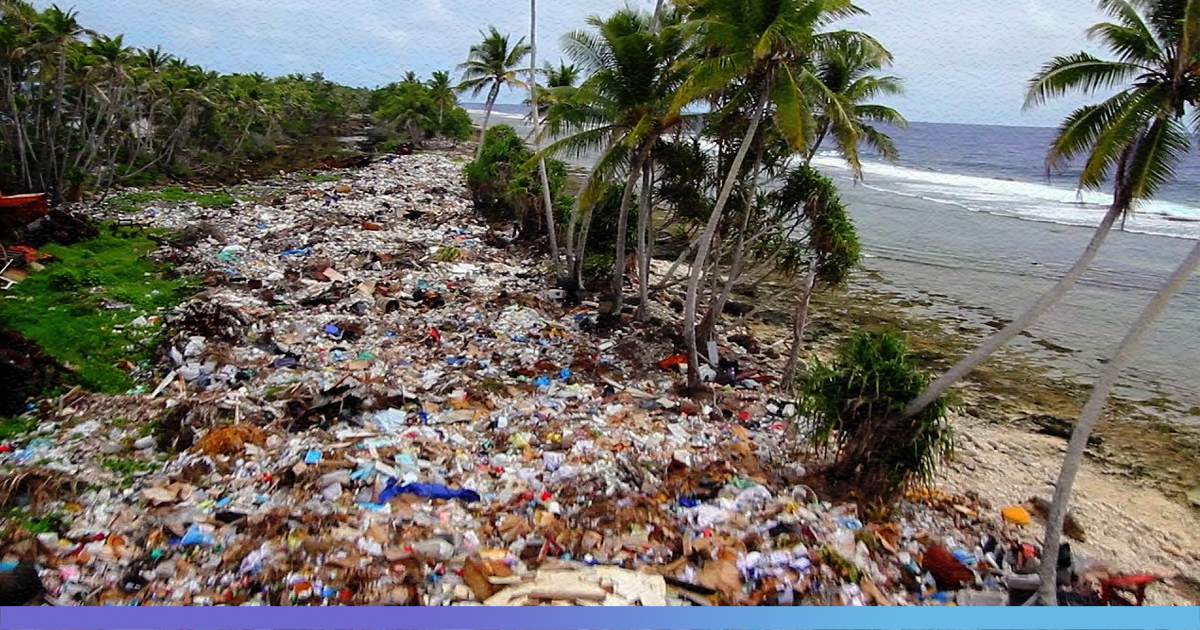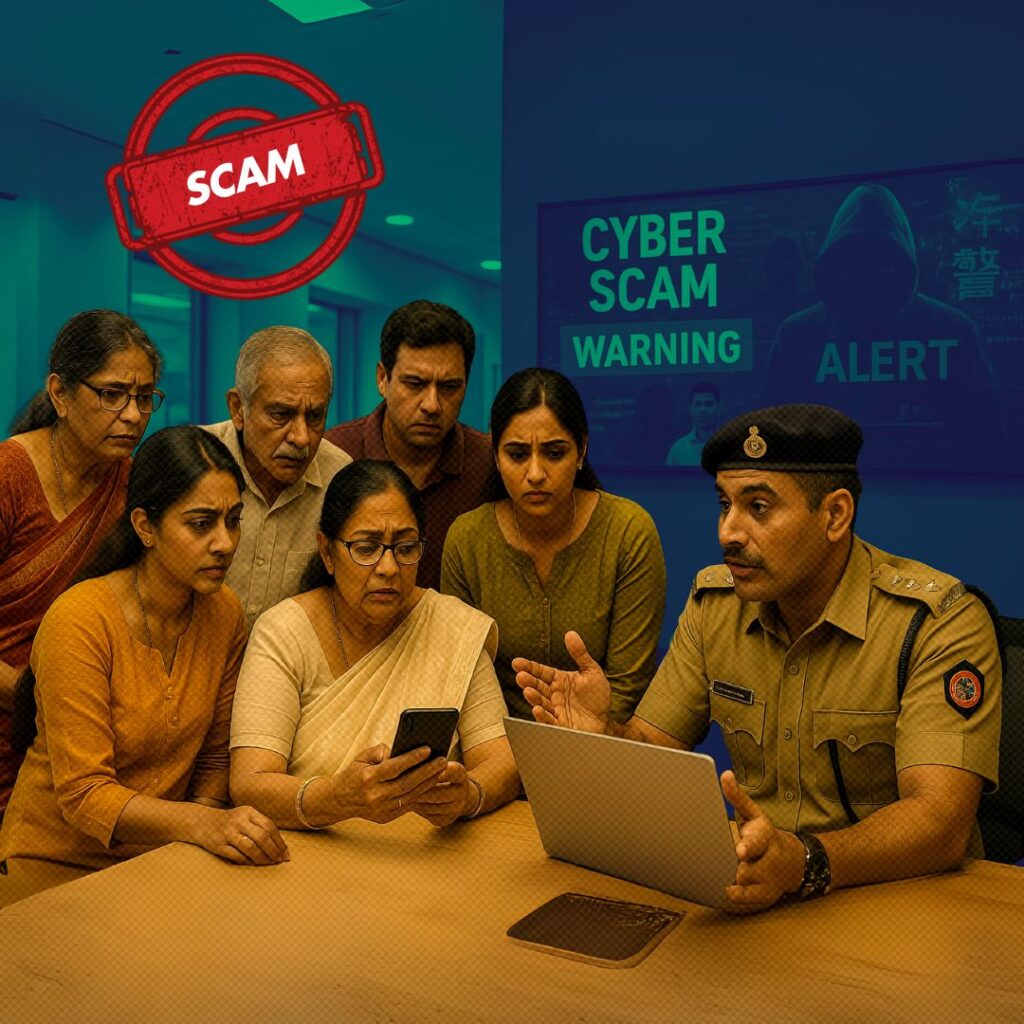On March 27th, 2019 the European Parliament passed the Single-Use Plastics Directive. The European Commission published a press-release statement the same day providing details of the directive. According to the statement, these measures directly tackle the problem of marine litter.
The measures include:
- “A ban on selected single-use plastic products for which alternatives are available in the market: cotton bud sticks; cutlery; plates; straws; stirrers; sticks for balloons; cups; food and beverage containers made of polystyrene; and all products made of oxo-degradable plastic.
- Measures to reduce consumption of plastic food and beverage containers and specific marking and labelling of certain products.
- Extended Producer Responsibility (EPR) schemes making the producers cover for the cost of waste management and clean-up, applied to products such as tobacco filters and fishing gear.
- A target of collecting 90% of plastic bottles by 2029 (77% by 2025) and a target to incorporate 25% of recycled plastic in PET bottles by 2025 and 30% in all plastic bottles by 2030.
The stated benefits, if the measures are implemented, are immense. It would reduce emission of 3.4 million tonnes of CO2 equivalent and would save environmental damages which would cost €22 billion by 2030. It would also save the consumers a projected cost of €6.5 billion.
Parliament has approved a new law banning single-use plastic items:
✔️ Items such as single-use straws to be banned by 2021
✔️ 90% collection target for plastic bottles by 2029
✔️ More stringent application of the polluter pays principleRead more ➡️ https://t.co/Zthe3AnAA1 pic.twitter.com/IXAittyHUt
— European Parliament (@Europarl_EN) March 27, 2019
Plastic waste in Europe
In an earlier press-release, the commission had highlighted the issue of plastic waste generation in Europe. It stated, “Every year, Europeans generate 25 million tonnes of plastic waste, but less than 30% is collected for recycling. Across the world, plastics make up 85% of beach litter. And plastics are even reaching citizens’ lungs and dinner tables, with microplastics in air, water and food having an unknown impact on their health. Building on the Commission’s past work, the new EU-wide strategy on plastics will tackle the issue head on.”
According to Zoë Schlanger from Quartz, “The EU plan is only second to India’s in ambition.” Efforts to curb plastic use in India started as early as 1998, when Sikkim became the first state to completely ban disposable plastic bans throughout the state, as reported by the Ministry of Environment, Forest, and Climate Change. In 2016, India passed one of the most stringent and comprehensive set of rules and guidelines to give a thrust to minimizing plastic waste generation. Since then 25 states have imposed some form of ban on single-use plastics.
According to this report, published by TERI in 2018, the average per capita consumption of plastic in India is about 11kgs out of which 80% ends up contributing to waste generation. Out of that waste about 50% is recycled and the rest goes to landfills and oceans. Assuming India’s population to be about 1.35 billion (UN data), the amount of plastic waste that goes to landfills and oceans annually is almost 6 million tonnes. With the per capita consumption predicted to increase to 20kgs by 2022, assuming the same amount of waste generation, the amount would increase to 11 million tonnes.
Also Read: 4 Years In Jail Or $40,000 Fine: Kenya Enacts World’s Toughest Plastic Ban











